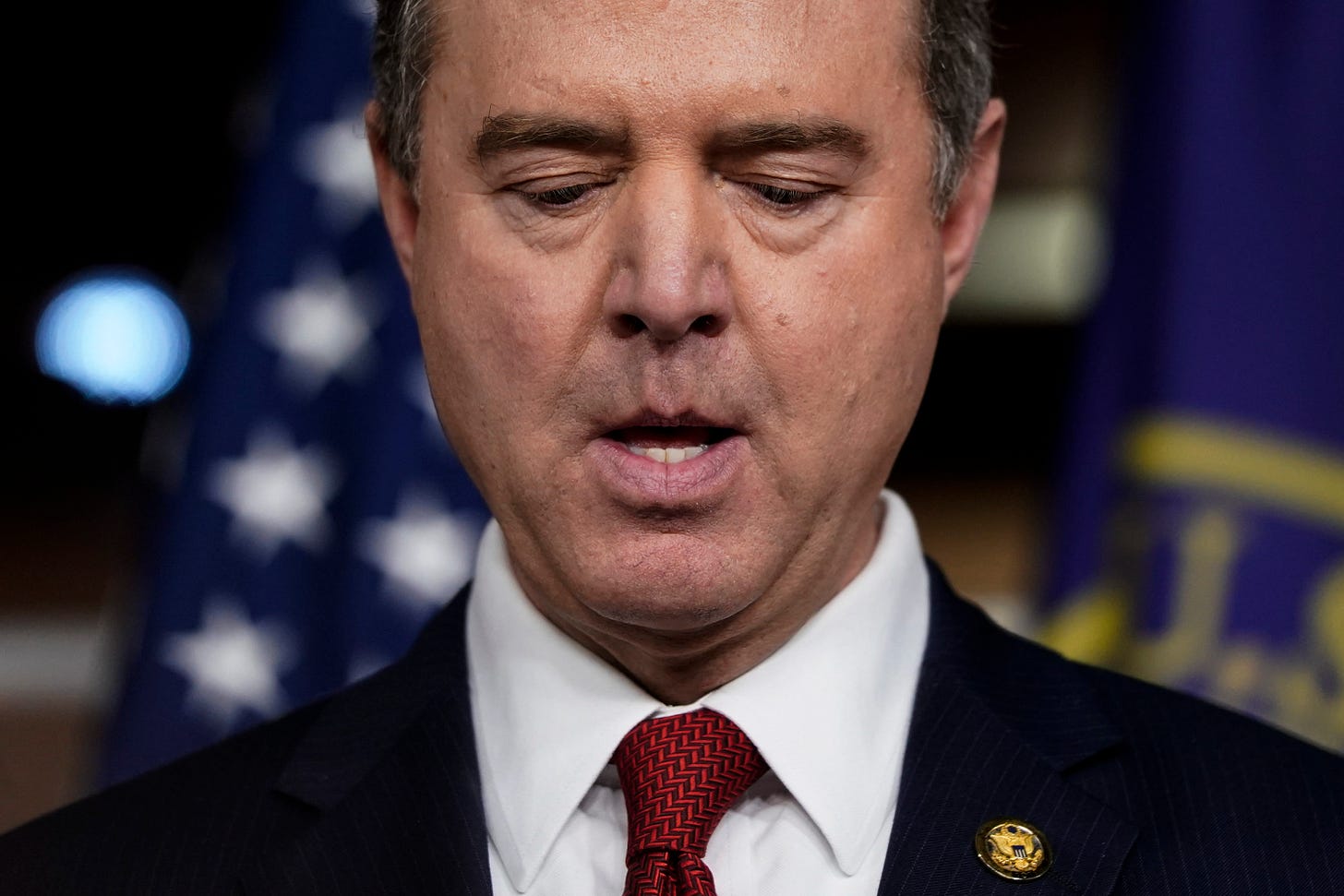Impeachment Was the Right Call. Doing It This Way Was Not.
House Democrats’ strategic errors have damaged the constitutional tool of impeachment.
For people who care about the rule of law, the integrity of the Constitution, and the longevity of America’s democratic republic—one in which the will of the people, not the whims of the ruler controls—the full realization that the Senate is poised to acquit Donald J. Trump after a sham trial is devastating. Congressional Democrats and Republicans—not to mention the Chief Justice of the United States John Roberts, as well as former presidents Barack Obama and George W. Bush, all of whom have stood silent during the dismantling of our federal system of separated powers—share the responsibility here. Whatever comes next—an acquitted Trump who feels free to act with greater impunity? a Trump defeated at the polls in November?—generations of historians will excavate what went wrong with the impeachment process this time around.
To be sure, Trump’s lawyers are primarily to blame for torturing legal precedent and established facts to suit their client’s temperament and his demands for unlimited power. But it is worth noting for the record that House Democrats made several strategic errors, the unintentional result of which could be lasting damage to Congress’s ability to hold future presidents accountable for violating laws, standards, and norms.
First, the decision not to subpoena key witnesses during the House investigation on the theory that it would take too long to litigate Trump’s obstruction in the courts was inexcusable. Had Democrats taken this very rudimentary legal step, the incessant Republican argument that Democrats should bear the fallout for failing to use their subpoena power when they had it would have been off the table during the Senate trial. There is no good reason, moreover, why subpoenas could not have been followed up with motions to compel. House Manager Adam Schiff’s point that former White House Counsel Don McGahn’s subpoena fight has been tied up in the courts for months is well taken. But the House could have moved forward with impeachment without waiting for the resolution of all the appeals of all the subpoena fights. Had these efforts proceeded in tandem, congressional Democrats would hardly be worse off than were on Thursday—begging Senate Republicans to allow just one week of depositions so that the critical testimony of people like former National Security Advisor John Bolton can be heard. Although it’s no excuse for Republicans’ hiding of the facts from the American people now, House Democrats erred in not even bothering to subpoena Bolton when they had unfettered power to do so.
Ironically, moreover, the privately filed Freedom of Information Act lawsuit that produced key documentation relating to the Office of Management and Budget’s $391 million aid freeze was cited by Trump’s counsel on Thursday as a defense to the second article of impeachment charging obstruction of Congress. That FOIA request, lawsuit, court order, and production took place within the time period that House Democrats could have sought judicial assistance for themselves. Imagine if a slew of federal judges had uniformly denounced Trump’s obstruction—because settled, unambiguous precedent would have required them to—as House managers made their case to the Senate. Not only would it have shored up the legitimacy of the impeachment inquiry itself, but the American people might have had fuller facts to consider when calling on their senators to authorize a fair process and when heading to the polls in November 2020.
Second, aside from failing to push for fuller facts during the House inquiry, it’s clear that Democrats left themselves unnecessarily vulnerable in their drafting of the two articles of impeachment now being debated in the Senate. It’s impossible to know what horse-trading went on behind closed doors in order to get the necessary votes, and no one doubts that House Speaker Nancy Pelosi is extraordinarily skilled at maneuvering among her caucus. That said, in the two articles that did pass the full House, Democrats left major chinks in the impeachment armor. Time and again, we’ve seen them exploited by Team Trump during the Senate trial.
In the first article of impeachment, identifying even one of the legal violations embedded in the Ukrainian quid pro quo—such as Trump’s plain violation of the Impoundment Control Act, which mandated that he alert Congress to his freeze on appropriated aid—would have forced Republican senators to cast an affirmative vote on whether it’s okay for presidents to blatantly violate acts of Congress. Trump’s lawyers, no doubt, would have concocted legally indefensible excuses for Trump’s wanton refusal to follow federal law, but Congress’s own independent watchdog, the Government Accountability Office, already did the legal spadework of articulating why there’s no legitimate defense here.
Obstruction of Congress—the charge in the second article of impeachment—is in fact a crime under the U.S. Code. Simply including that citation in the text of the second article might have staved off a major defense swirling around abuse of office as a basis for impeachment and removal.
Let me be clear: History will depict Rep. Schiff and his colleagues as admirably rising in defense of the Constitution itself—not as hacks working just for the benefit of their party. This is not pure politics, friends. And yes, it’s easy to be a backseat driver. But there were some substantive decisions that Schiff and his colleagues should have made differently—and, in part because of the decisions they did make, the vitally important constitutional tool of impeachment has been damaged.



